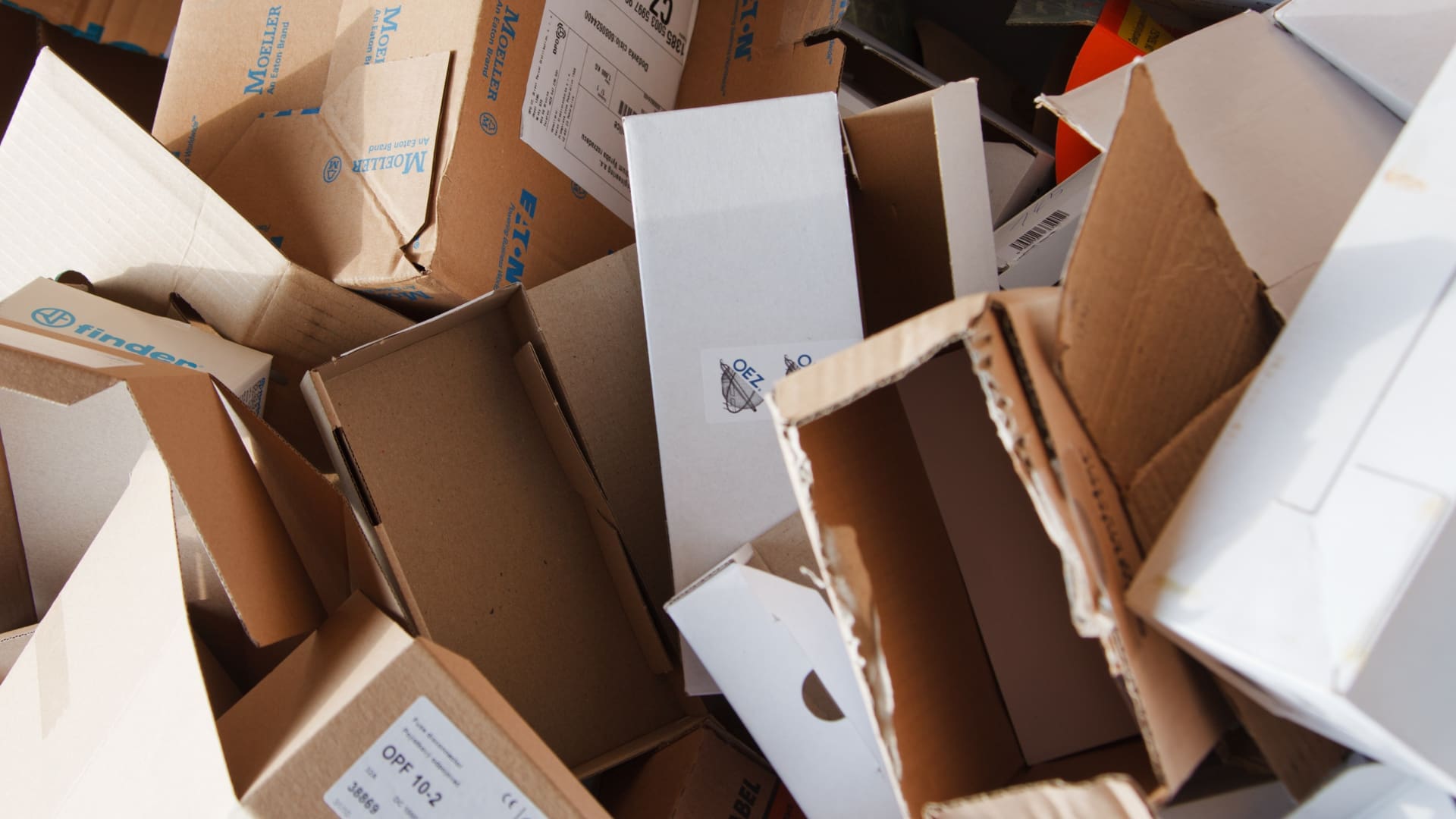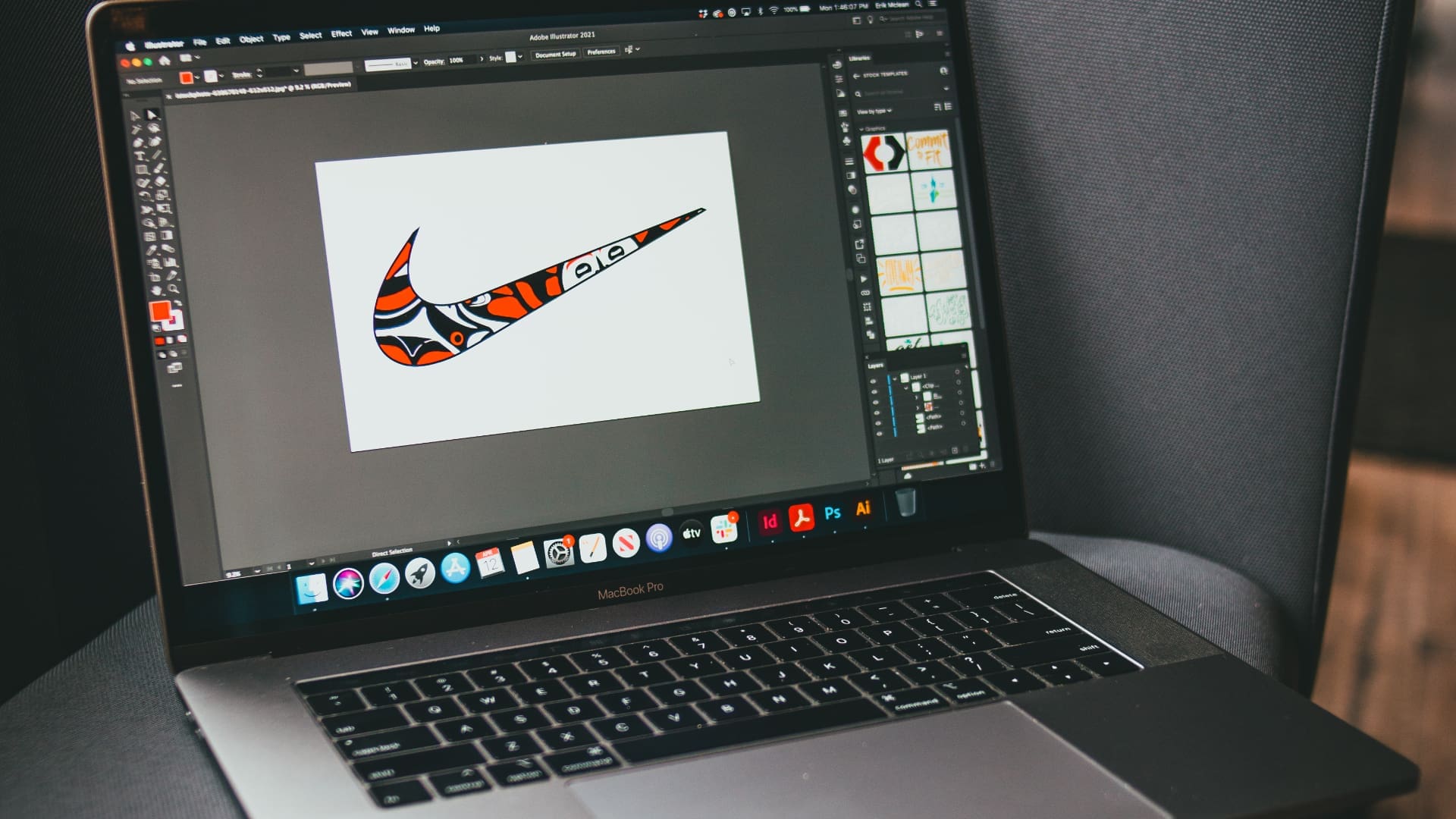
When it comes to your business expenses, you should know the difference between fixed and variable. In fact, separating the two can help save costs, especially if you understand the differences between the two.
The best way to describe the two types is that fixed expenses stay the same month-to-month whereas variable expenses are ever changing, making them difficult to predict and prepare for. Seems easy enough to grasp right? Let’s dive into the finer details.
Fixed Expenses:
As its name suggests, variable expenses are costs your business has incurred in a month-to-month basis. These are constantly changing and can include things like utilities, credit card purchases, waste management, and more. These expenses are difficult to lower and can also be difficult to predict. For example, your office might be going through a heat wave one summer. To keep everyone cool, your air conditioning must be used more often with more intensity. This can easily drive your electricity bill up.
Some variable expenses are much easier to reduce than others. Waste management is easier to maintain because you can control waste production with recycling strategies. However, trying to predict how much electricity, water, and heat you use is far more difficult. In order to maintain such costs, your best option is to work with industry experts to help you identify areas where you can save.
Luckily, Watchdog Management Services is an expert at cost savings and cost management. Our industry experts have the experience and proven track record of finding savings across multiple industries. Variable expenses are an every day problem we can solve!
Other Expenses:
You might not know this, but your employees and staffing situation can contribute to either fixed or variable expenses. This is, of course, dependent on how you staff your business. Full-time employees that are guaranteed a salary or certain amount of work hours will always be paid the same. Seasonal and part-time workers are going to be variable depending on their availability, schedule, and more.
How to Budget Your Expenses:
The best method for budgeting for your business expenses is to separate your variable and fixed expenses into two separate accounts. Seeing your fixed costs in one account can help you give a better idea of how to budget for your variable costs and vice versa. Every month, you should keep track of your variable costs to see the changes over time. By identifying patterns in your variable costs, you can set aside budgets for areas that are necessary. Spent too much electricity one month? Identify the cause and see if this is going to be something you should expect in the future. If it’s something that was a one-off, perfect! Make a budget and a plan that can help reduce your electricity expenses going forward.
We've Got Your Back
With Watchdog’s 100% risk-free audit, we can identify areas in your variable expenses that can save your business’ bottom line. Get in touch with us today and with the help of our industry experts, we will uncover the best deals for your variable expenses, keeping them low and manageable.
Remember, you should never settle on your current expenses. There are always better deals out there, and we’re here to help find them for you!












